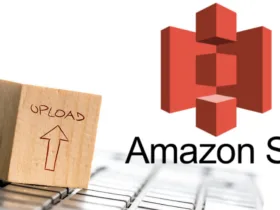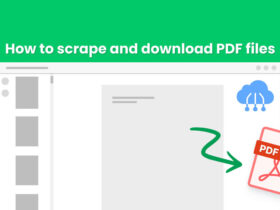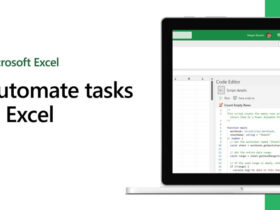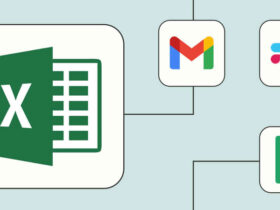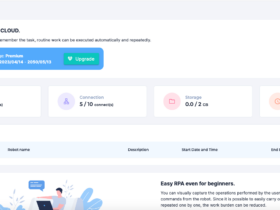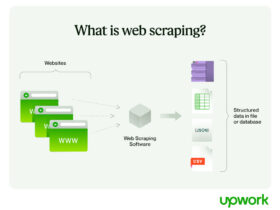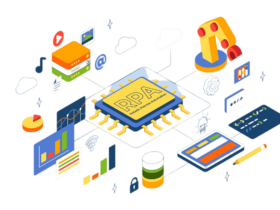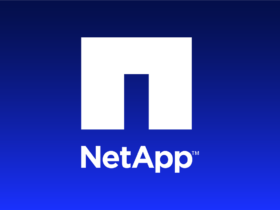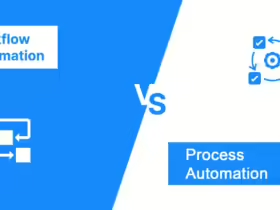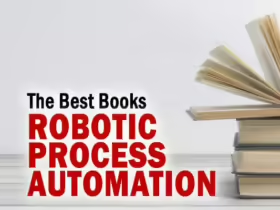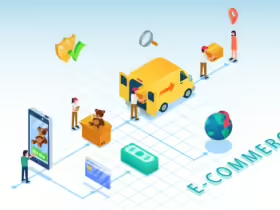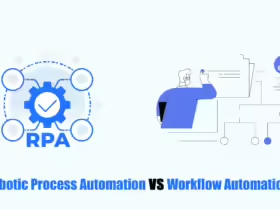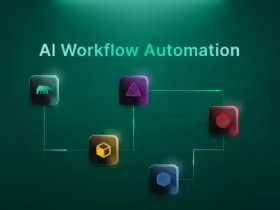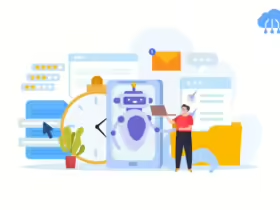Are you tired of the never-ending paperwork, manual data entry, and tedious tasks that come with managing your HR workflow? Do you find yourself struggling to keep up with the demands of employee onboarding, payroll processing, and performance evaluations? If so, you’re not alone.
Many HR professionals face these challenges on a daily basis, which can lead to inefficiencies, errors, and a drain on both time and resources. But what if there was a solution that could streamline your HR processes, eliminate manual tasks, and free up your time to focus on more strategic initiatives? The answer lies in HR workflow automation.
HR workflow automation is a technology-driven solution that allows you to automate and optimize your HR processes, from recruitment and onboarding to performance management and offboarding. By leveraging powerful software and machine learning algorithms, you can eliminate the need for manual data entry, reduce errors, and improve efficiency across the board.
With automated workflows, you can set up predefined steps and triggers that guide the flow of information and tasks, ensuring that nothing falls through the cracks. This not only saves time but also improves accuracy and compliance.
Imagine a world where employee onboarding is a breeze, with new hires seamlessly guided through the process from start to finish. Payroll processing becomes a simple and error-free task, with data automatically synced and calculations done in a matter of seconds.
Performance evaluations are conducted smoothly, with automated reminders and real-time feedback. And when it’s time for an employee to leave the company, offboarding becomes a seamless process, with exit interviews, equipment collection, and final paychecks all taken care of automatically.
Key takeaways:
- HR workflow automation can streamline your HR processes, eliminate manual tasks, and improve efficiency.
- Automated workflows save time, improve accuracy, and ensure compliance.
HR Workflow Automation
Definition of HR Workflow Automation
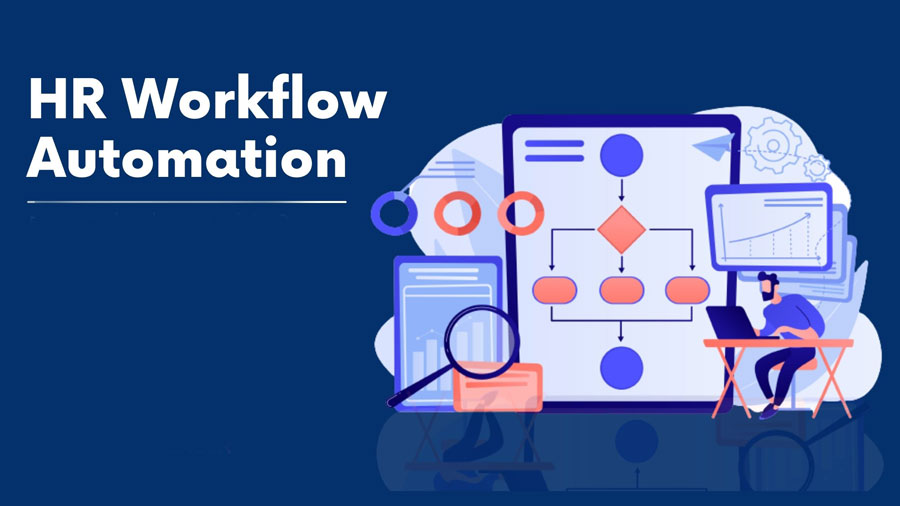
HR workflow automation refers to the use of technology to streamline and automate various HR tasks and processes. It involves the digitization of manual HR processes, such as employee onboarding, leave management, performance evaluations, and payroll, using software and tools.
Importance of HR Workflow Automation
- Efficiency: Eliminates the need for manual paperwork and repetitive tasks, saving time and effort for HR professionals. It allows them to focus on strategic activities that add value to the organization.
- Accuracy: By automating HR processes, the chances of errors and inconsistencies are significantly reduced. This ensures that employee data, payroll calculations, and other HR-related information are accurate and reliable.
- Compliance: Helps organizations stay compliant with labor laws and regulations. It ensures that HR processes are standardized, auditable, and transparent, reducing the risk of non-compliance penalties.
- Employee Experience: Automation improves the overall employee experience by providing self-service options for tasks like leave requests, updating personal information, and accessing HR policies. This empowers employees and enhances their satisfaction and engagement.
- Data-driven Insights: With automated HR workflows, organizations can gather and analyze HR data more efficiently. This enables them to make data-driven decisions, identify trends, and implement strategies to improve employee performance and retention.
In conclusion, HR workflow automation is a crucial aspect of modern HR management. It offers numerous benefits, including increased efficiency, accuracy, compliance, improved employee experience, and data-driven insights. By leveraging technology, organizations can optimize their HR processes and drive better outcomes for both employees and the business as a whole.
Benefits
Increased efficiency

HR workflow automation can significantly improve the efficiency of HR processes within an organization. By automating repetitive, manual tasks such as data entry, document management, and employee onboarding, HR professionals can save valuable time and focus on more strategic initiatives. This increased efficiency allows HR teams to handle a larger volume of work, ensuring that deadlines are met and productivity is maximized.
Reduction of errors
Manual HR processes are prone to errors, whether it’s data entry mistakes or missing important information. With HR workflow automation, these errors can be greatly reduced. By automating data collection, validation, and verification, the chances of human error are minimized. This not only improves the accuracy of HR data but also reduces the risk of compliance issues and legal complications.
By implementing HR workflow automation, organizations can reap the benefits of increased efficiency and reduced errors. This not only streamlines HR processes but also improves overall productivity and ensures compliance with regulations. With the right automation tools in place, HR professionals can focus on more strategic tasks and contribute to the success of the organization.
Key Components
Onboarding and Offboarding Processes

Streamlining the onboarding and offboarding processes is a crucial component of HR workflow automation. By automating these processes, companies can reduce administrative tasks and ensure a smooth transition for new hires and employees leaving the organization. Automation allows HR teams to easily manage the necessary paperwork, such as employment contracts and confidentiality agreements, as well as automate the creation of employee profiles, granting access to systems, and setting up email accounts.
Employee Data Management
Efficient management of employee data is another key aspect of HR workflow automation. Instead of manually updating spreadsheets or databases, automation tools can centralize and automate the storage and retrieval of employee information. This includes personal details, job titles, performance records, and more. This streamlined approach not only saves time but also minimizes the risk of errors and data inconsistencies. HR teams can easily generate reports, track employee progress, and ensure compliance with data privacy regulations.
Automating these key components of HR workflows offers numerous benefits. It reduces administrative burdens, eliminates repetitive tasks, and enhances accuracy and efficiency. By leveraging HR workflow automation, companies can allocate more time and resources to strategic initiatives, such as talent development and employee engagement, fostering a more productive and engaged workforce.
Best Practices for Implementing HR Workflow Automation
Assessing current processes

Assessing the current HR processes is the first step towards implementing workflow automation. It involves understanding the existing workflows, identifying pain points, and recognizing areas for improvement. This assessment helps in identifying the specific processes that can be automated, saving time and reducing errors.
Some of the key areas to consider in this assessment include employee onboarding, leave management, performance reviews, and payroll processing. By analyzing these processes, organizations can determine which tasks are repetitive, time-consuming, and prone to errors.
Selecting the right automation tools
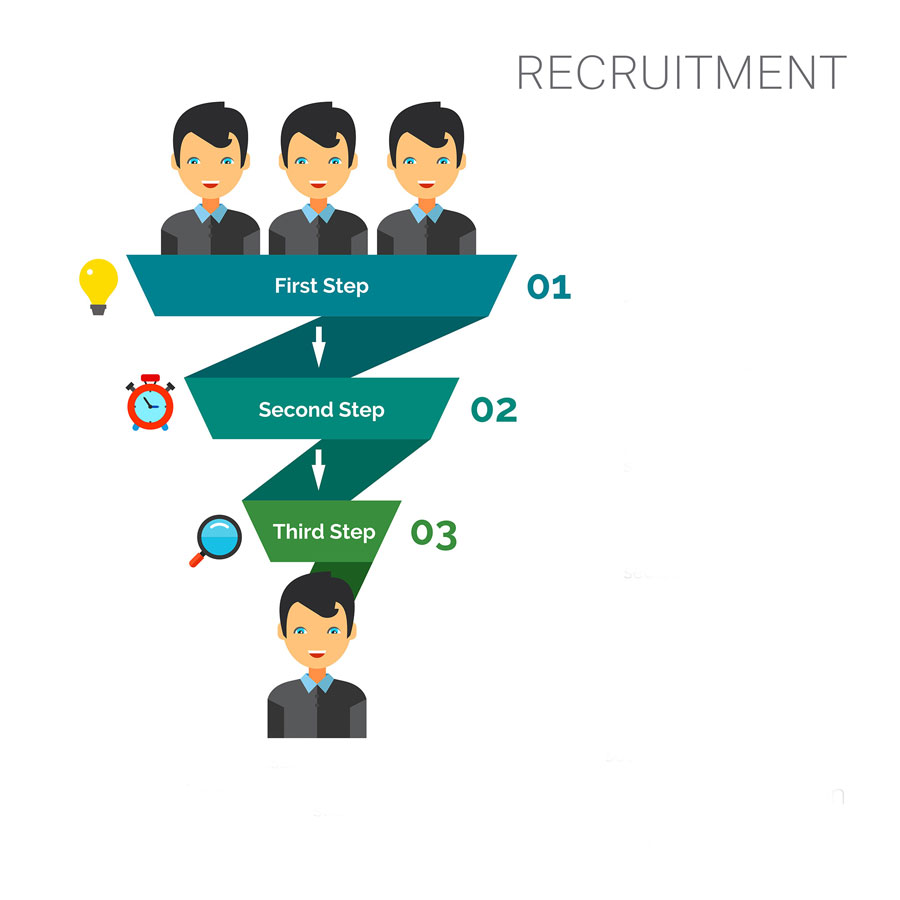
Once the current processes have been assessed, the next step is to select the right automation tools. It is crucial to choose a tool that aligns with the organization’s requirements and integrates seamlessly with existing systems.
When selecting automation tools, consider factors such as ease of use, scalability, security, and compatibility with other HR software. Look for tools that offer features like workflow design, task assignment, notifications, and reporting capabilities.
By implementing HR workflow automation, organizations can streamline their HR processes, reduce manual work, eliminate errors, and improve overall efficiency. This leads to cost savings, increased productivity, and better employee satisfaction.


